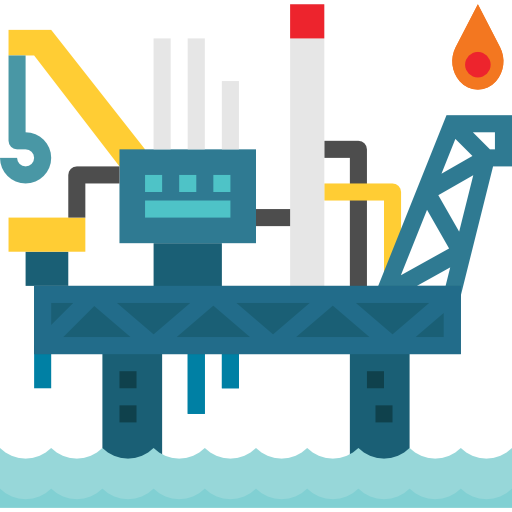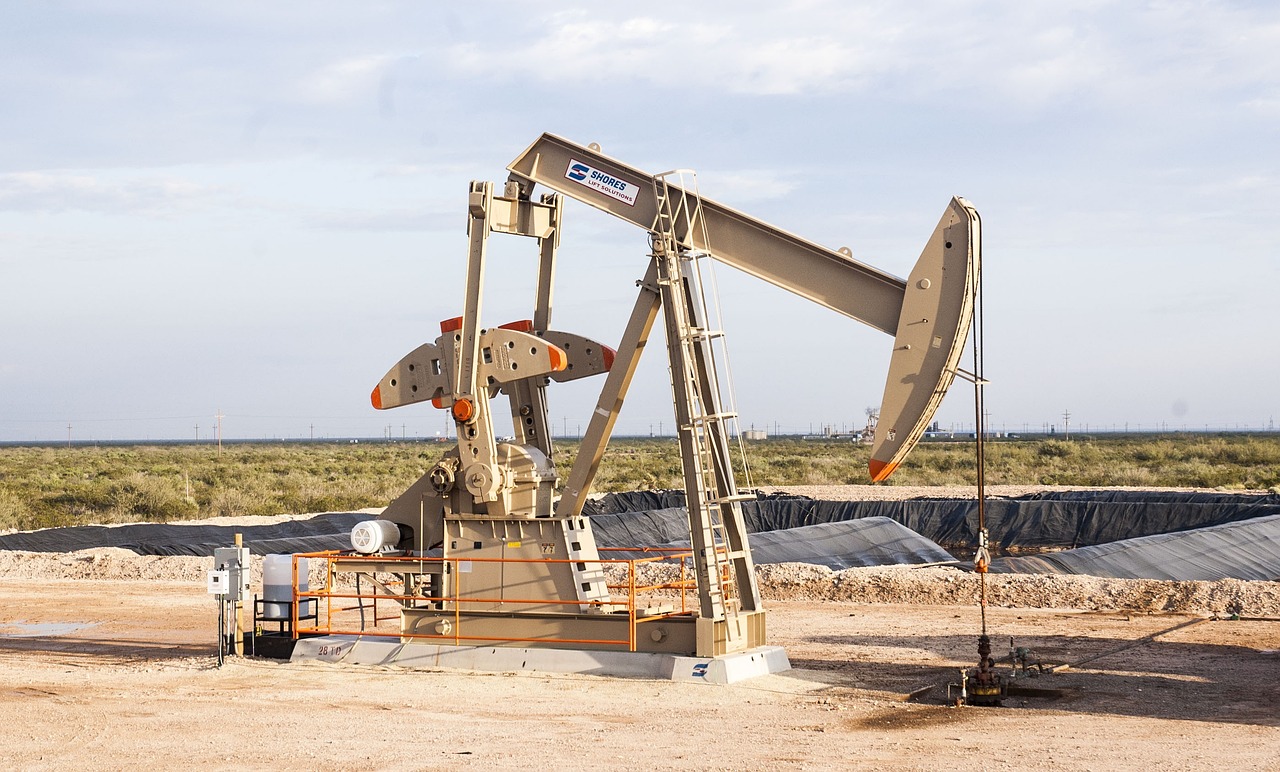
On 31 October 2005, the United Nations Security Council adopted Resolution 1636 (2005), (UNSCR 1636 (2005)) acknowledging the report of the UN International Investigation Commission chaired by Mr Detlev Mehlis on the 14 February 2005 terrorist bombing in Beirut, Lebanon, that killed 23 people, including former Lebanese Prime Minister Rafiq Hariri, and caused injury to dozens of people (the Investigation Commission).
UNSCR 1636 (2005) imposes measures to prevent the entry into or transit through Member States’ territories of, and the freezing of funds and economic resources of, persons registered by the Committee of the Security Council established by paragraph 3(b) of UNSCR 1636 (2005) (the Committee) as suspected of involvement in the planning, sponsoring, organising or perpetrating of the terrorist bombing.
On 7 November 2005, the EU Council deplored the clear indication that Syria had not cooperated fully with the investigating team and called upon Syria to cooperate unconditionally with the investigators.
Restrictive measures
|
|
|
|
|
|
|
Trade restrictions on defence-related products |
Trade restrictions on dual-use items |
Trade restrictions on equipment which might be used for internal repression |
Trade restrictions on petroleum, including crude oil and refined petroleum |
Trade restrictions on jet fuel and additives |
Trade restrictions on key equipment for key sectors of the oil and natural gas industry |
|
|
|

|

|

|
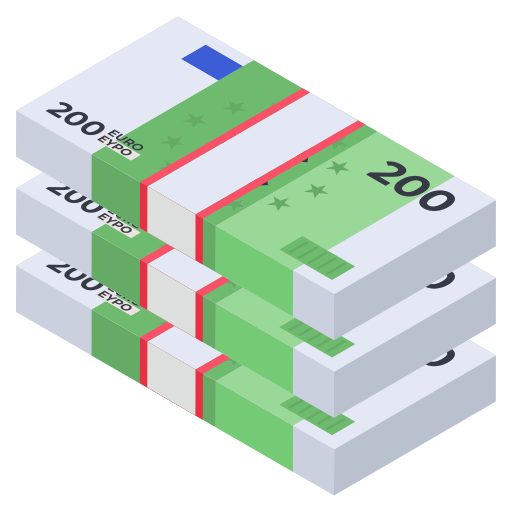
|
Trade restrictions on equipment for monitoring or interception of internet or telephone communications |
Trade restrictions on gold, precious metals and diamonds. |
Trade restrictions on luxury goods |
Trade restrictions on cultural property |
Trade restrictions on equipment for new electricity power plants |
Trade restrictions on banknotes and coinage |

|

|

|

|
|
|
Restriction on financing of companies |
Restriction on trade with public bonds |
Restriction on banking operations |
Restriction on transport services |
Freezing of funds |
Travel ban |
|
|
|
|
|
|
|
Trade sanctions: Restricted products and transactions
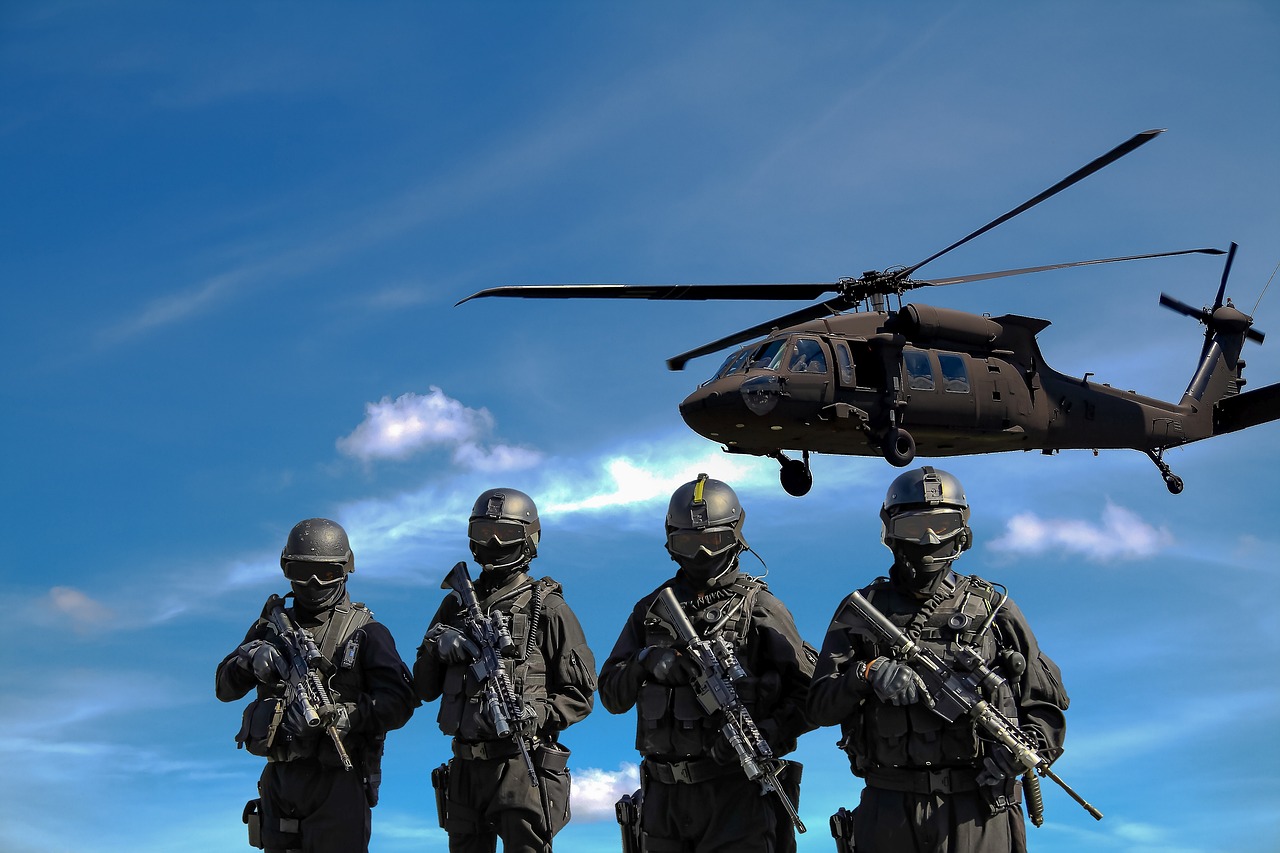
|

|

|
Defence-related products |
Dual-use items |
Equipment which might be used for internal repression |
| There is a prohibition of import and financial assistance. Some exceptions apply. |
Export is restricted, subject to national measures, when it comes to dual-items referred to in Article 4 (2)of Regulation 428/2009.
|
There is a prohibition of export, technical assistance, brokering and financial a. Some exceptions apply. |
|
|

|

|
Petroleum, including crude poil and refined petroleum |
Jet fuel and additives |
Key equipment for key sectors of the oil and natural gas industry |
| There is a prohibition of import and financial assistance. Some exceptions apply. | There is a prohibition on export, brokering a nd financial assistance . Some exceptions apply. |
Export, technical assistance, brokering a
nd financial assistance
are subject to a prohibition. Some exceptions apply.
|

|

|

|
Equipment for monitoring or interception of internet or telephone communications |
Gold, precious metals and diamonds. |
Luxury goods |
| There is a prohibition on export, technical assistance a nd financial assistance . Some exceptions apply. | There is a prohibition on export, import, technical assistance and brokering. | There is a prohibition on export. Some exceptions apply. |

|
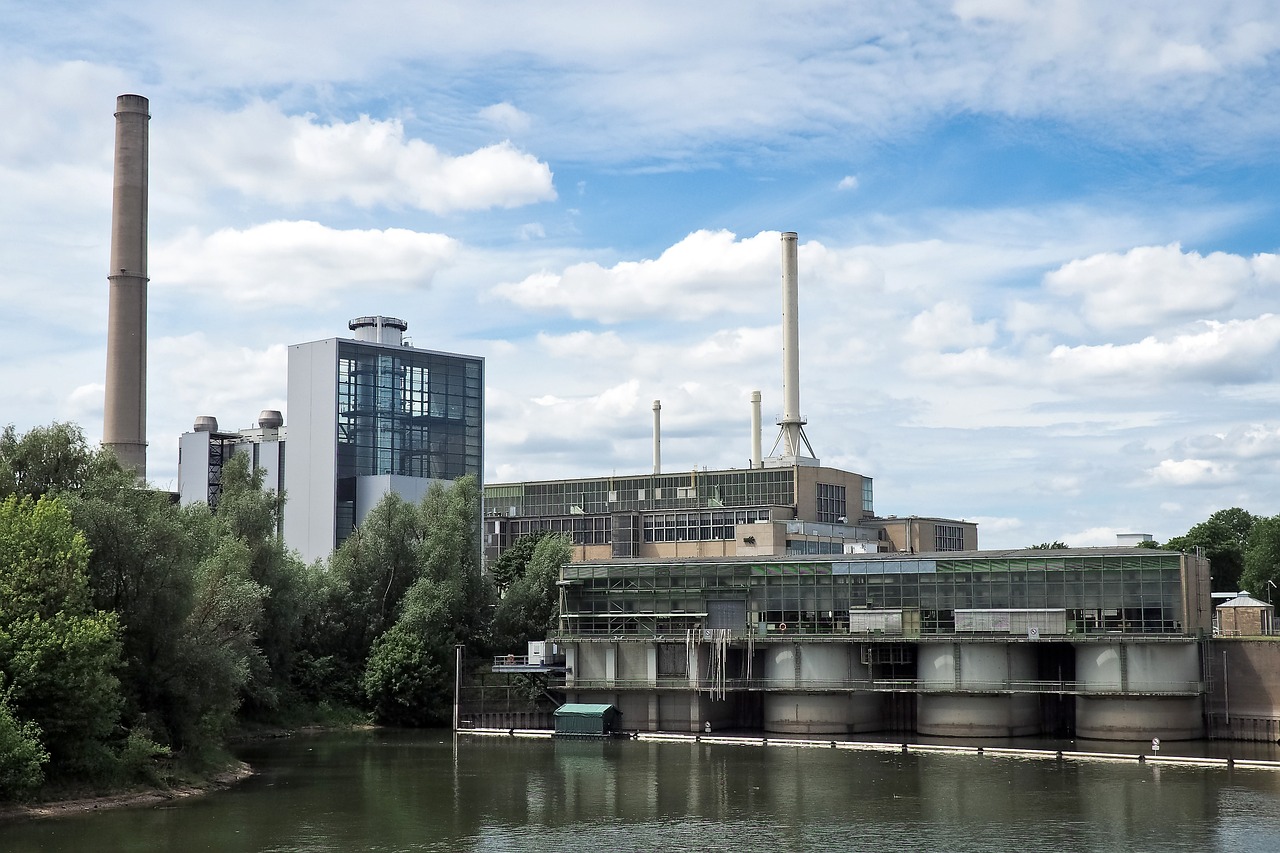
|
|
Cultural property |
Equipment for new electricity power plants |
|
| There is a prohibition on import. Some exceptions apply. | There is a prohibition on export a nd financial assistance . Some exceptions apply. |
|
Financial sanctions: Listed persons & entities, restricted services
There are currently many persons and entities on the list of people whose funds and economic resources are frozen.
Other sanctions
EU Member States must prevent the entry into, or the transit through, their territories of listed persons.
To go further
Legal texts
Related information
Human Rights Watch - Syria . Human Rights Watch investigates and reports on abuses happening in all corners of the world.





